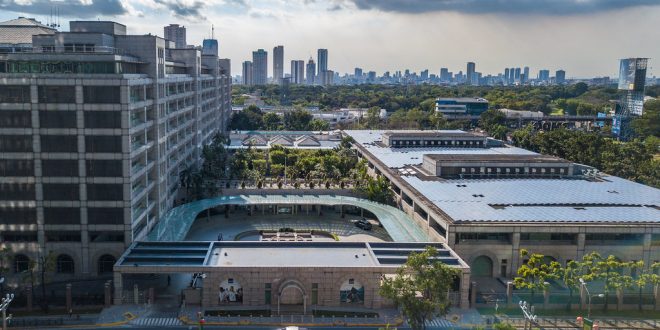AT News
KABUL – The Asian Development Bank (ADB) has greenlit $400 million in grants to safeguard the welfare and livelihoods of vulnerable Afghan citizens, with a particular focus on women and girls. This move aims to alleviate the severe repercussions of the ongoing humanitarian crisis in Afghanistan.
The funding, channeled through the United Nations (UN), is set to tackle urgent food requirements, boost local food production for mid-term food security, and provide essential healthcare services to the Afghan population.
A pivotal portion of this grant, totaling $100 million, will empower the World Food Programme (WFP) to offer critical food assistance to over 1.32 million acutely food-insecure individuals, with a special emphasis on households led by women and highly vulnerable groups.
An additional $100 million grant will enable the Food and Agriculture Organization of the United Nations (FAO) to provide vital support to more than 309,000 farming households. This support includes assistance for the cultivation of wheat, summer crops, vegetables, and livestock protection, ultimately benefitting more than 2.1 million people.
The UN Children’s Fund (UNICEF) will receive $200 million, expanding its existing support and delivering core healthcare services across 10 provinces, reaching approximately 7.5 million residents. These services encompass crucial areas such as newborn and maternal care, along with essential hospital services, including nutrition and surgical care. The World Bank will parallelly support these health services in Afghanistan’s remaining 24 provinces.
It’s noteworthy that this initiative builds upon the ADB’s prior $405 million grant project, which was approved in January 2022. This earlier project aimed to bolster food security, essential health services, and education for the Afghan populace through the UN. Remarkably, more than 75% of the funding from this previous grant has already been disbursed.
Afghanistan currently grapples with a dire humanitarian crisis, with over 90% of its population requiring assistance, as reported by international organizations.
In a parallel effort, the European Union in Afghanistan has committed to mobilizing €140 million in aid for basic needs and livelihood support for the Afghan people. This funding encompasses education, healthcare, agriculture, and initiatives to empower women economically. It’s essential to note that this aid package had faced delays in December of the previous year due to concerns about women’s participation in NGOs in Afghanistan.
The Ministry of Economy (MoE) has expressed its appreciation for the continued international assistance to Afghanistan. They assert that such aid is crucial for improving the living conditions of the Afghan populace. Abdul Latif Nazari, Deputy Minister of Economy, warmly welcomed the contributions from the ADB and the EU and requested an increase in development and humanitarian assistance for the Afghan people.
The ADB emphasizes that this project aligns with the ongoing international endeavors to support Afghanistan’s citizens and will be executed in close collaboration with the UN, World Bank, and other partners. Notably, it will operate independently of the “de facto government’s systems” in line with the ADB’s approach to fragile and conflict situations. To ensure transparency and accountability, a third-party monitoring firm will be engaged by the UN agencies to oversee the implementation and verify the delivery of aid to the intended beneficiaries.
 Afghanistan Times
Afghanistan Times




